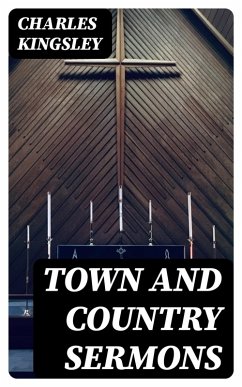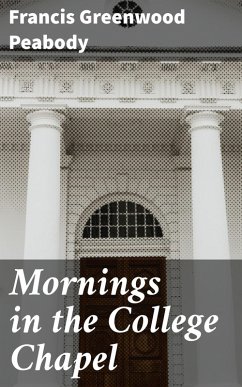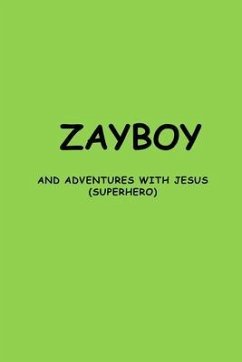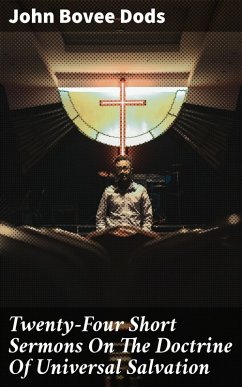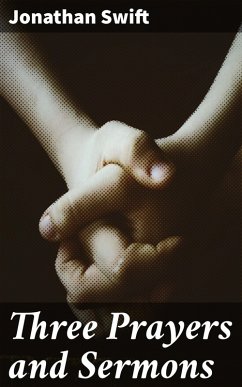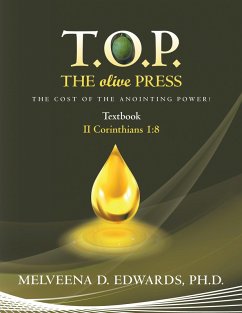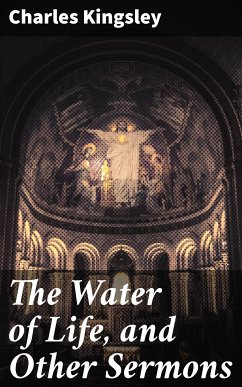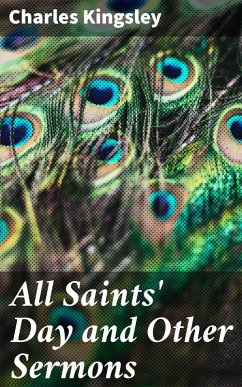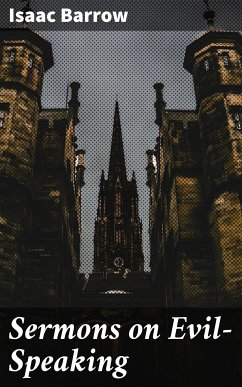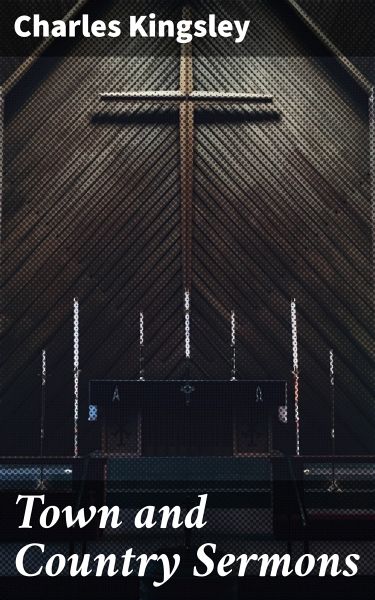
Town and Country Sermons (eBook, ePUB)
Reflecting on Faith and Society: Victorian Sermons of Social Reform and Spiritual Insight
Versandkostenfrei!
Sofort per Download lieferbar
0,49 €
inkl. MwSt.
Weitere Ausgaben:

PAYBACK Punkte
0 °P sammeln!
In "Town and Country Sermons," Charles Kingsley masterfully intertwines theology and social commentary, providing a series of compelling discourses aimed at addressing the moral and spiritual dilemmas of both urban and rural life during the Victorian era. Written in a conversational yet didactic style, Kingsley employs vivid imagery and relatable anecdotes to engage his readers, all while urging them toward ethical living and social responsibility. The sermons reflect the broader historical context of industrialization and its impact on society, as Kingsley skillfully navigates themes of justi...
In "Town and Country Sermons," Charles Kingsley masterfully intertwines theology and social commentary, providing a series of compelling discourses aimed at addressing the moral and spiritual dilemmas of both urban and rural life during the Victorian era. Written in a conversational yet didactic style, Kingsley employs vivid imagery and relatable anecdotes to engage his readers, all while urging them toward ethical living and social responsibility. The sermons reflect the broader historical context of industrialization and its impact on society, as Kingsley skillfully navigates themes of justice, community, and the innate dignity of each individual. Charles Kingsley (1819-1875) was a prominent clergyman, social reformer, and novelist, deeply influenced by his experiences as both an Anglican priest and a vocal critic of societal injustices. His firsthand observations of the struggles faced by the working class, combined with his rich literary background, informed his passion for championing moral reform and the importance of faith in everyday life. This blend of personal conviction and scholarly insight makes his sermons not only relevant in his time but also a reflective commentary on ongoing social issues. Readers seeking to explore a rich tapestry of Victorian moral thought and its applicability to contemporary challenges will find "Town and Country Sermons" both enlightening and transformative. This collection not only serves as a historical document but also a call to action, encouraging readers to reflect on their role in fostering compassion and justice in their communities.
Dieser Download kann aus rechtlichen Gründen nur mit Rechnungsadresse in A, B, BG, CY, CZ, D, DK, EW, E, FIN, F, GR, H, IRL, I, LT, L, LR, M, NL, PL, P, R, S, SLO, SK ausgeliefert werden.




